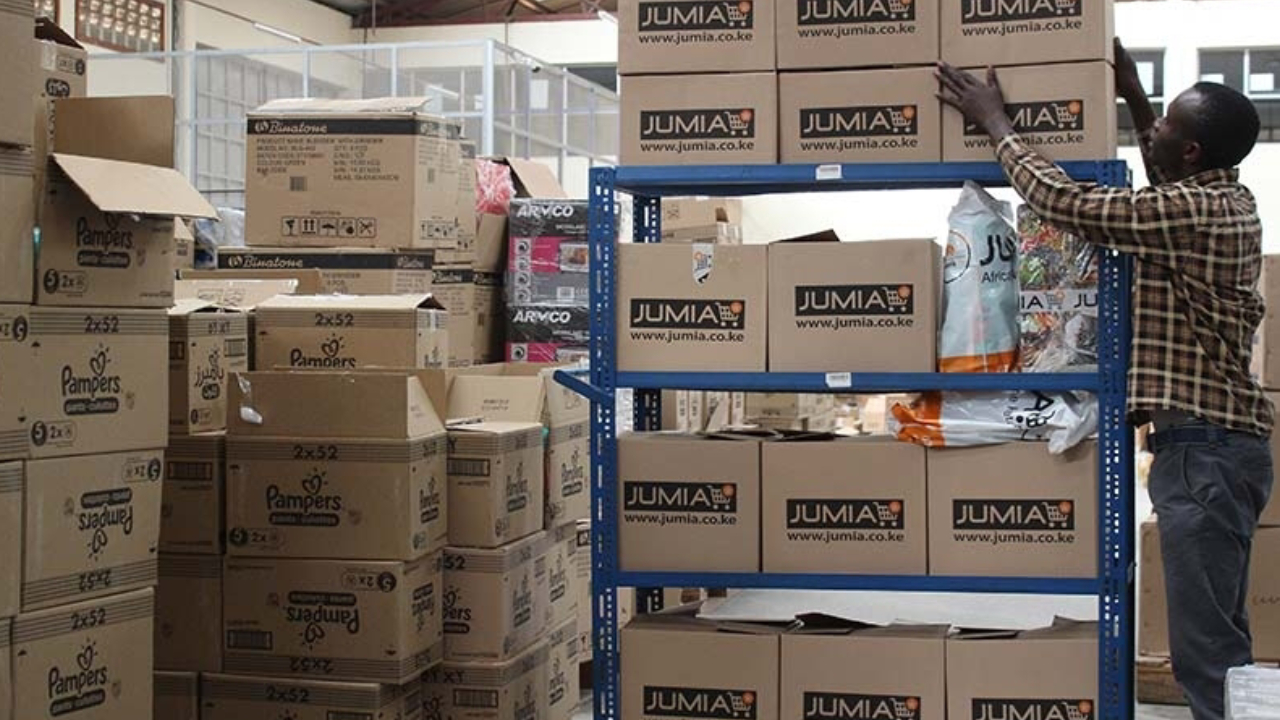- Jumia, one of the largest ecommerce firms operating across Africa, has again posted a multimillion-dollar loss.
- While it managed to decrease its losses from the year prior, it also saw decreases in revenues, and customers.
- It joins other ecommerce firm Takealot in being affected negatively by market conditions, including high inflation.
Called the “Amazon of Africa” and once considered the continent’s shining beacon of ecommerce, Jumia has published a disappointing set of results for the latest quarter of 2023.
While the firm, established in Nigeria in 2012, has managed to reduce its losses significantly year over year it is also dealing with a reduction in customers and products purchased. For the quarter ended 30th June 2023, it saw an operating loss of $23.3 million.
The year prior it saw an operating loss of $68 million so this year’s decline in losses of 65.6 percent would be cause for some celebration. However other metrics used to gauge how the company is faring have also decreased.
This includes active customers, which declined from 3.4 million in 2022 to 2.4 million in 2023. The orders these customers placed on the platform also saw a marked decline, from 10.3 million to just 6.5 million orders in the three months before July.
For comparison, it is believed that Amazon – the world’s largest ecommerce firm – makes 7.7 billion orders per year, or delivers around 1.92 billion packages per quarter.
Revenues were down by $8.8 million, as well as the value of the merchandise that the company sells which decreased by 25 percent to $202.3 million from $271.1 million.
“Usage performance continued to be affected by the difficult operating environment with record levels of inflation impacting consumers’ spend as well as sellers’ ability to source goods,” explained Jumia chief executive Francis Dufay in the earnings results.
Jumia says that it saw inflation in Nigeria, its home base, reach an 18-year high of 22.8 percent. For comparison, South Africa’s own inflation is hovering around 6 percent.
Not helping customers open their wallets for something on Jumia was record high inflation in Ghana and Egypt as well, at 42.5 percent and 35.7 percent respectively.
The continued depreciation of local currencies in countries that Jumia operates in against the US dollar also affected the bottom line. For example, the Nigerian Naira dropped by over 60 percent against the dollar – it is trading at 767.97 Naira to the dollar at press time.
Additionally, the company also operates in Algeria, Cote d’Ivoire, Kenya, Morocco, Senegal, Tunisia, Uganda, as well as China and Portugal.
Jumia adds that it had no choice but to kill off its grocery offerings in most countries, which initially launched in 2022. It says that the fast-moving consumer goods (FMCG) division, which includes groceries accounted for the largest loss in items sold across its business.
The JumiaPay app also saw overhauls meant to reduce bloat and “de-emphasise many digital services.”
Poor global market conditions have also negatively affected South Africa’s own homespun “Amazon”. Takealot saw a trading loss of $22 million due to rising inflation rates, with revenues declining to $2 billion according to etailer’s latest results.
It seems that it is good to be king, however, as Amazon itself recently reported its biggest earnings since the fourth quarter of 2020. This was after intense cost-cutting measures, including mass layoffs of over 27 000 employees since the end of 2022.
The results are yet another sharp blow to Jumia, which has been dealing with headwinds for some time. Initially a startup, Jumia was the African continent’s first “unicorn” gaining over $1 billion in funding before it launched.
In 2019 it became the first ever African-focused company to list on the New York Stock Exchange.
“We continue making fundamental enhancements to our platform to secure better supply and pricing while offering a more convenient experience to consumers and sellers. We remain confident in the long-term growth potential of our markets and our ability to capture this opportunity in a profitable manner,” Dufay adds.

